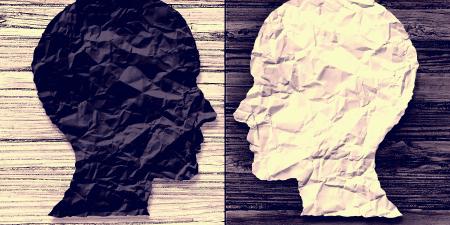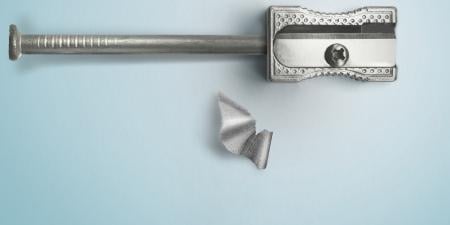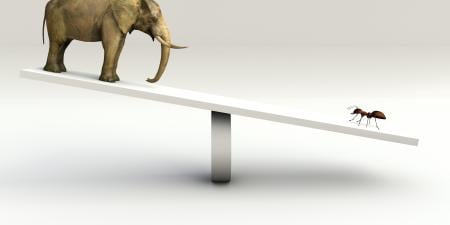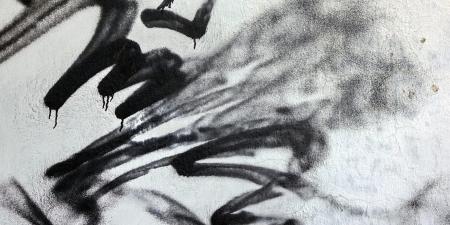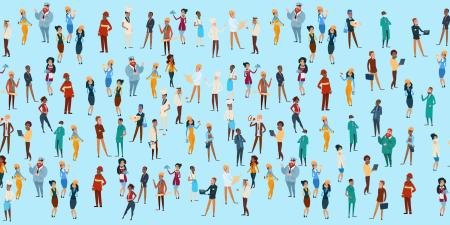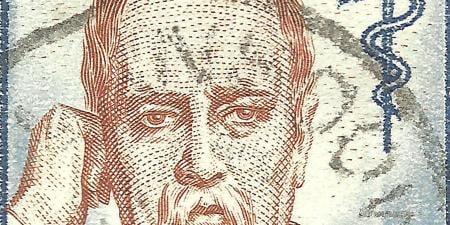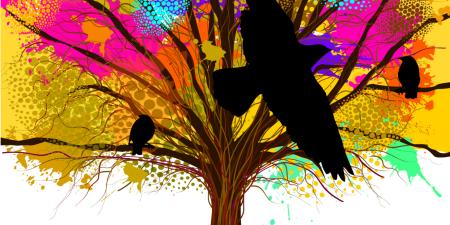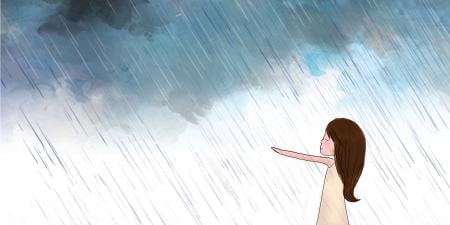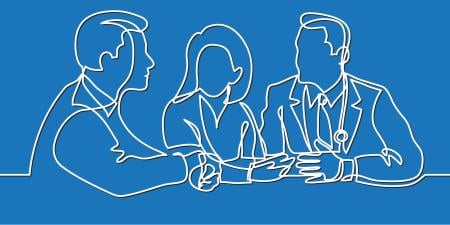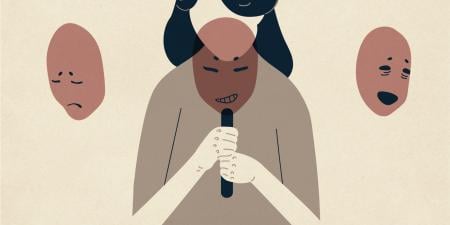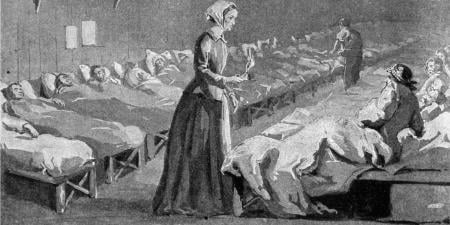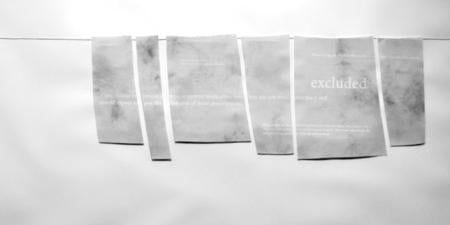Moral Distress and Medicine
What happens when students and clinicians feel a conflict between their deeply held values and the demands of an event unfolding before them—and feel powerless to intervene? Research about this set of experiences, first documented years ago in nurses as moral distress, has evolved in important ways and has now been prominently explored in other health professions’ ethics literatures. Medical students and resident physicians are particularly vulnerable to moral distress, given the hierarchical nature of their training. This month’s issue of the AMA Journal of Ethics distinguishes different types of moral distress and considers how clinicians, organizations, and educators can identify and acknowledge moral distress and respond with care for patients and for each other.
